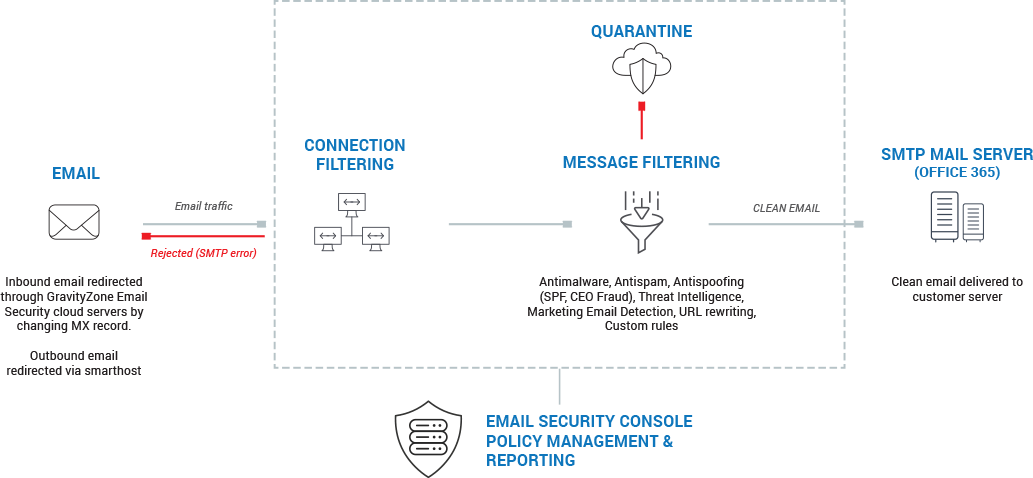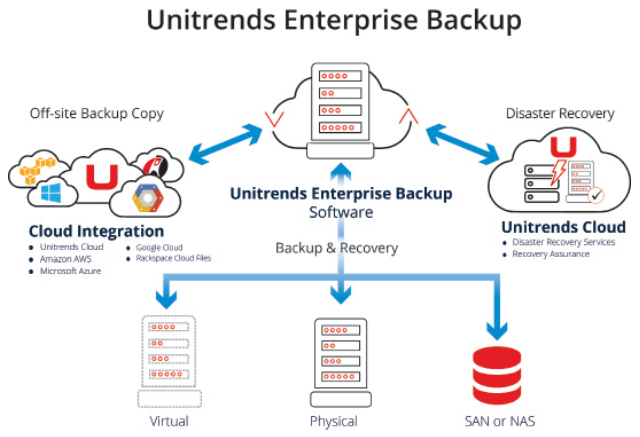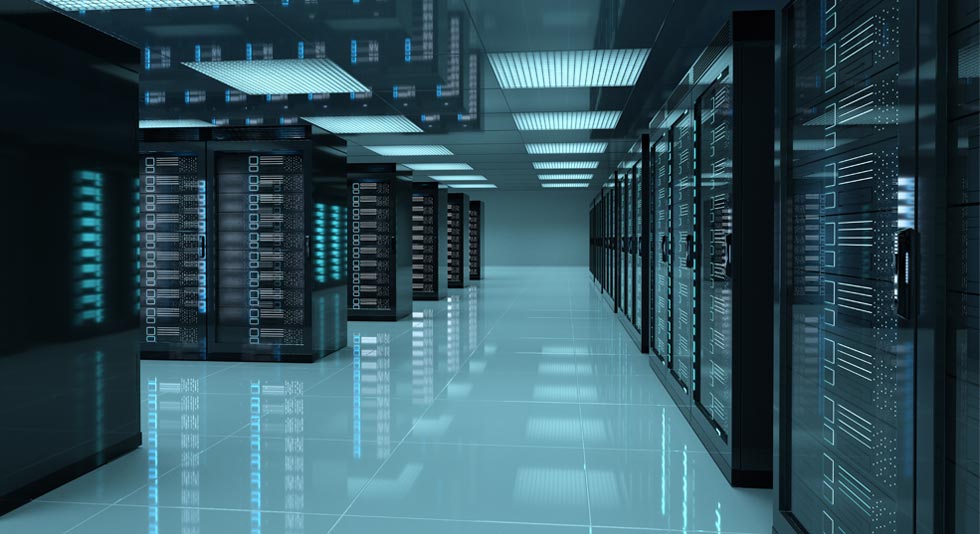Data Center
The data center is a centralized location for your major computing equipment, core network switches, firewall, data storage, and backup devices. Every single organization now highly depends on a high volume of data to run its operations. The storage and retrieval of data and applications requires multiple servers, storage units and associated switching devise. All these infrastructure equipment needs a dedicated centralized safe location to store the data and retrieve it in a safe and secure way.
The key advantages of a data center are security, scalability, availability, and simplicity of management. Mostly all the major solutions available in the market now have monitoring and reporting capability which can immediately notify the stakeholders of the status in real-time over the web, email, or SMS.
The modern data center is equipped with UPS, Precision Cooling System, Fire Suppression System, Monitoring System, and access control.
Fire Protection System
The electronic or Electrical equipment room or a telecommunication equipment facility requires a special fire suppression system which when activated should not cause any damage to the equipment. The most famous fire protection system in such application used are FM200 and Novec 1230.
FM200, also known as HFC-227ea or a heptafluoropropane, is a compound made up of carbon, fluorine, and hydrogen, is a non-flammable gas used for fire suppression. It doesn't damage electronic products, used correctly it's safe for people to breathe in and can be used in an enclosed space, making it ideal for colocation data centers. FM200 has a global warming potential of around 3500.
The Novec 1230 Fire Protection Fluid is a clean agent fire suppression system which was developed as a halon replacement hydrofluorocarbon (HFC) alternative. The Novec 1230 uses a fluid fluoroketone to extinguish a fire quickly. This system reacts to fire immediately, leaves behind no residue, and is exceptionally non-conductive. Novec 1230 fluid has the highest margin of safety for human occupancy among clean agents, including inert gas. Novec 1230 fluid has a global warming potential (GWP) of less than one making it the environmentally-friendly choice.
UPS
Uninterruptible power supply (UPS) is one of the most important components of well-designed data center. Uninterruptible, as its name denotes, the UPS device ensures the supply of steady electric power to the servers and other equipment hosted in the data center. Since the UPS is equipped with a battery backup, the data center continues to get power even if there is an interruption from the main supply. It is recommended to keep the battery backup depending on the expected power outage of the area where the data center is located. Mostly, the data centers are equipped with a Fossil Fuel Power Generator as third option for longer power outage and UPS remains as a bridge until such time the generators come online.
Cooling System
Cooling system is another necessary component in the Data Center. It is essential to maintain the computing equipment and associated hardware in a moderate temperature for their efficient and uninterruptable operation. According to the American Society of Heating, Refrigerating and Air-Conditioning Engineers (ASHRAE), the acceptable operating temperature range for a data center is between 64° and 81°F (18° and 27°C) and ideal humidity is between 20% and 80%. Keeping these figures in mind, it is important to consider a precision cooling air-conditioner within a data center instead of the normal (comfort cooling) air- conditioning units.
What is Comfort Cooling and Precision Cooling?
Comfort cooling system is designed for low density heat loads and has no precise temperature control or humidity control. Precision air systems provide year-round, constant cooling, precise humidity control, and a higher cooling capacity per square foot. Precision cooling systems are designed for 24-hour-a-day, 365-day operation to offset the higher density heat loads that are produced by IT equipment regardless of the time of day or season.
Monitoring & Security
Modern data center solutions are equipped with security systems like access control devices and surveillance cameras. Also, they are fitted with monitoring systems like temperature sensors, humidity sensors and power metering devices. The monitoring system devices provides the information and controls you need to fully utilize your existing infrastructure resources while alerting you to trouble before it causes downtime.
Based on the size of your organization, there are several options available in the market to choose from a single boxed solution, called micro data center to advanced cold isle containments with multiple containers for server and networking equipment and cooling systems. These systems are designed to provide you with scalability as your business demands grows. In conclusion, it is important to consider a data center to ensure the security, reliability and availability of your critical business data.




